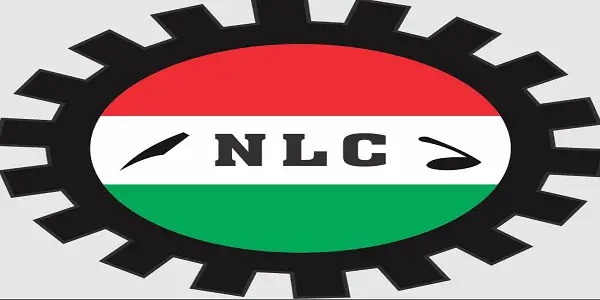The Federal Government (FG) and the Nigerian Labour Congress (NLC) have been at loggerheads over the high cost of living in the country. Organised labour had planned to go on strike on October 3, 2023, to protest the hardship, exacerbated recently by the sudden removal of fuel subsidy. But it suspended the action for 30 days to give government time to fulfill some of its promises to workers.
Sequel to this, President Bola Tinubu recently approved the sum of N35,000 provisional wage increase for Federal Government workers. It is to last for a period of six months. The FG also pledged to expedite the deployment of compressed natural gas (CNG) buses to ameliorate the plight of Nigerians occasioned by the removal of fuel subsidy. Government also promised to disburse N25,000 per month to 15 million households. This will last from October to December 2023.
On their part, workers demanded N200,000 per month as minimum wage. They cited the rising cost of living as their main reason. Currently, inflation eats deep into whatever they take home as salary. At 25.80 per cent, the current rate of inflation is highest in over 18 years. Today, the prices of essential commodities in the market have skyrocketed. In 2015, a bag of 50kg of rice was about N10,000.
Today, the same 50kg bag of rice goes for between N45,000 and N55,000. This is far above the current minimum wage. When this minimum wage was being discussed, the price of fuel was about N97 a litre. Today, the price of fuel is over N600 per litre in many places. This has had a spiral effect on the prices of other goods and services. On top of this, many workers are not able to meet up with school fees, rents and other major family expenses, as salaries are mostly irregular.
The exchange rate is the worst. As at the time the current minimum wage was negotiated, a dollar was about N360. Today, it is over N1,000. Many importers are confused and some of them have abandoned their goods at the ports. Many companies are finding it difficult to break even. Some have shut down operations. Some have sacked workers. The naira has become so weak that even when you pay workers the N200,000, it will not make any meaningful impact.
We appreciate the plight of Nigerian workers. But even as legitimate as their demand is, we wish to caution that they take it easy with government for now. The country is going through a serious economic crisis. This means that government may not have the resources to meet the demand of the workers because there are other major things demanding the attention of government. Education, health, security and some other sectors need urgent financial intervention as well.
We agree that workers deserve an increase in their pay, but N200,000 appears to be unrealistic for now. Even if the FG is able to pay the N200,000, many state governments will not be able to pay it. More than four years after former President Muhammadu Buhari signed the current minimum wage of N30,000 into law, some states are yet to even pay it. Is it the N200,000 that they will pay?
Going forward, government must show that it is serious about tackling the problems of the country. Hence, it must curb profligacy in high places. The number of ministers and aides the President has appointed so far does not indicate any serious attempt to curtail high cost of governance. The same thing is applicable in some states. Most of these states cannot pay salaries, yet they pay huge pension entitlements to former governors who currently serve as ministers or senators. Any government that is wasting scarce resources and telling workers to tighten their belt at the same time will not earn the confidence and trust of workers.
It is this trust deficit that has led to frequent strikes by some unions. At one time or the other, the Academic Staff Union of Universities (ASUU), the Non-Academic Staff Union of Universities (NASU), the National Association of Resident Doctors (NARD) and judicial workers have had cause to embark on long strikes.
Whatever be the case, government officials and the leadership of the NLC should sit together to iron out their differences. The government should be honest enough to table the current situation of things to the labour leaders. The NLC, on their part, should not be too rigid in their demand. The two parties should arrive at an amicable and reasonable wage that will assuage workers. Government must do everything possible to avoid workers going on another debilitating strike. They deserve a living wage because there is dignity in labour.














